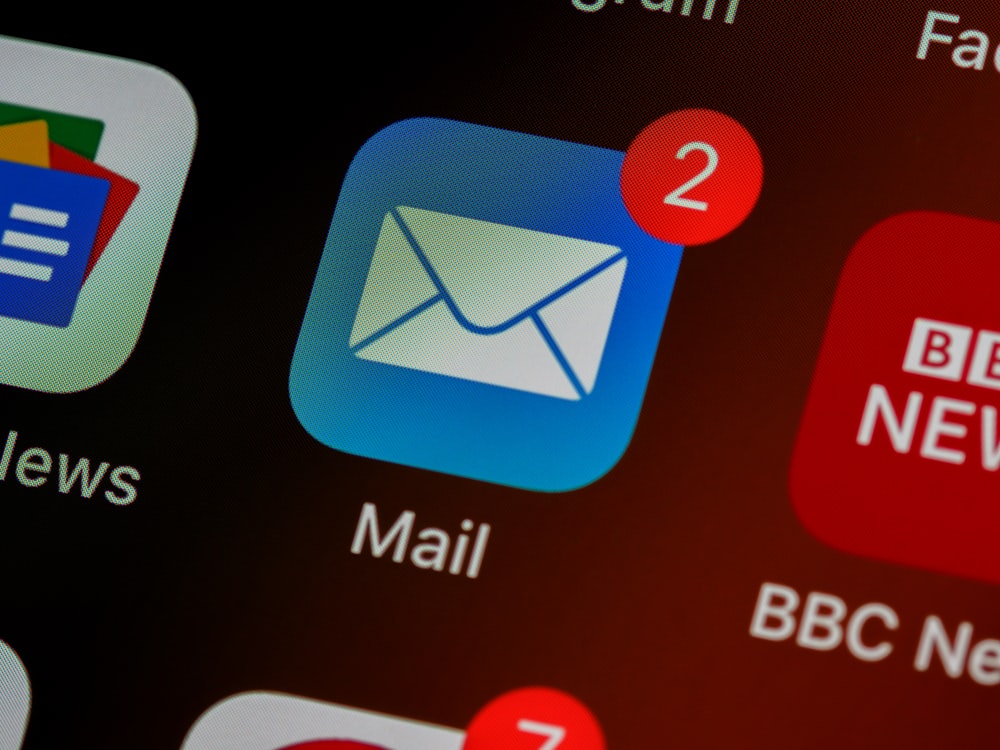Bulk Email Deliverability Foundations: How to Consistently Reach the Inbox
Deliverability is the invisible engine behind every successful bulk email program. You can have great copy and irresistible offers, but if your messages land in spam—or never arrive—results collapse. This guide covers the essential technical and strategic pillars that help high-volume senders maintain strong inbox placement over time.
1) Authenticate properly: SPF, DKIM, DMARC
- SPF: Authorizes sending IPs for your domain. Keep your record concise to avoid DNS lookup limits.
- DKIM: Cryptographically signs messages so receivers can verify authenticity and integrity.
- DMARC: Aligns SPF/DKIM with your From domain and gives receivers policy guidance (none/quarantine/reject). Start with
p=none, monitor, then tighten.
2) Warm up senders and throttle volume intelligently
Brand-new or dormant mailboxes should increase sending volume gradually. Begin with a small, engaged segment, then scale in measured steps while monitoring bounce and complaint signals. Avoid sharp spikes that can trigger provider safeguards.
3) Keep lists clean and segmented
- Verify addresses pre-send to reduce invalids.
- Remove hard bounces immediately; quarantine repeated soft bounces.
- Segment by engagement and risk. Protect your core reputation by isolating cold or unverified segments.
4) Send content that drives real engagement
Mailbox providers reward positive interactions and penalize negative ones. Focus on relevance, clarity, and a single, specific CTA. Avoid bait-and-switch subject lines and excessive images or links. A clean, text-forward format often outperforms heavy templates in B2B outreach.
5) Monitor reputation and feedback loops
- Track complaint rates, bounce composition, opens/clicks, and—most importantly—replies.
- Watch blocklists and postmaster dashboards for early warning signs.
- Use multiple, healthy sender identities to distribute load without masking problems.
6) Maintain infrastructure hygiene
Rotate keys, prune unused DNS entries, and audit your sending domains regularly. Ensure TLS is enforced and that reverse DNS, HELO/EHLO, and envelope details are consistent. Consistency and clarity help receiving systems trust your mail.
7) Respect opt-outs and legal frameworks
Honor unsubscribes immediately, include a working address and identity, and comply with the regulations relevant to your recipients (e.g., CAN-SPAM, GDPR, KVKK). Ethical sending is not only a legal requirement—it’s good deliverability strategy.
8) Test, measure, iterate
Run controlled experiments on subject lines, preview text, and CTA framing. Require significance before rolling out winners. Keep a change log so you can correlate deliverability dips with content or cadence changes.
Key takeaway
Deliverability is compound interest for email. Authenticate correctly, scale deliberately, respect your audience, and let data steer decisions. Do this consistently and your inbox placement—and results—will trend upward even as volume grows.
9) Provider-specific nuances to watch
Mailbox providers interpret signals slightly differently. For example, consumer inboxes often weigh engagement signals like replies and starring more heavily, while enterprise filters emphasize authentication consistency, domain age, and link hygiene. Maintain a simple provider view in your reporting so you can spot when performance diverges materially (e.g., Gmail stable while Microsoft softens). Address the weakest slice first and avoid global changes until you confirm the issue is not localized.
10) Content stability under change control
Big template rewrites can accidentally change link density, tracking behaviors, or tone in ways that look risky to filters. Use a change log and roll updates gradually with side‑by‑side testing. Keep a text‑first fallback template ready for diagnostics. When placement dips, sending a clean, minimal version to a small, engaged cohort helps you determine if the issue is content‑driven or infrastructure‑driven.
11) Building a culture of deliverability
Deliverability is not a one‑person job. Train copywriters, operators, and leadership on the basics: why spikes are bad, why unsubscribes are good signals, and why honesty in framing matters. Bake hygiene checks into onboarding and campaign QA. When the team shares the same principles, your program remains resilient even as new people join and strategies evolve.
FAQ
How long does warm‑up take? It depends on historical reputation and goals. New domains might take a few weeks to reach meaningful volume; dormant identities can warm faster if the brand is trusted and lists are clean. Let engagement and bounce composition determine pace.
Do images hurt deliverability? Not inherently. Excessive images, heavy templates, or image‑only messages can look promotional or spammy. In B2B outreach, a light, text‑first approach usually performs best.
Why do opens fluctuate? Privacy features, client behavior, and sampling variance all play a role. Treat opens as directional. Optimize toward replies, meetings, activations, or revenue.
Next steps
Document your current DNS and authentication settings, set sender‑level caps, and create a weekly deliverability review. Then choose one improvement—like engagement‑first batching or a copy simplification—and ship it. Small, consistent upgrades compound faster than occasional overhauls.



